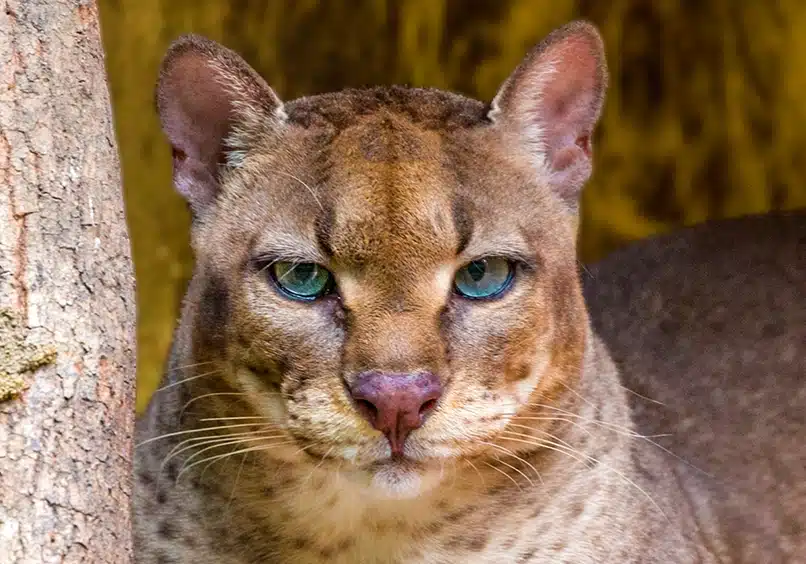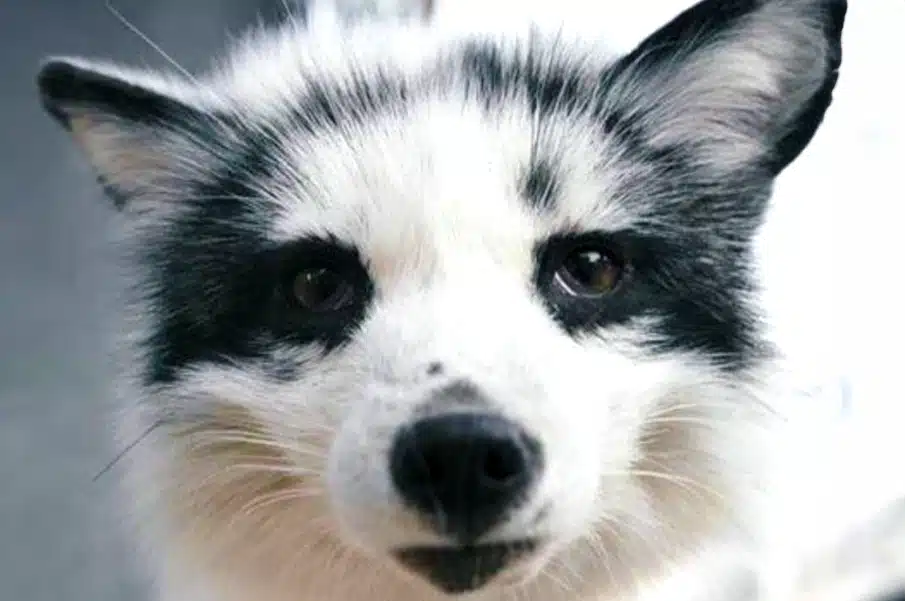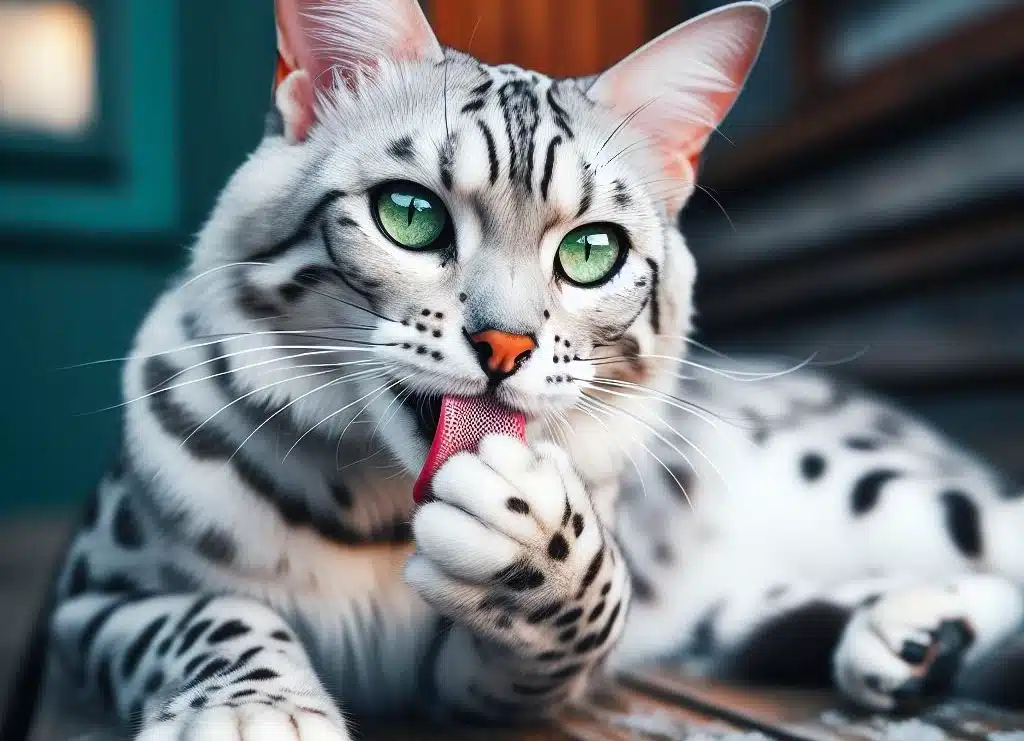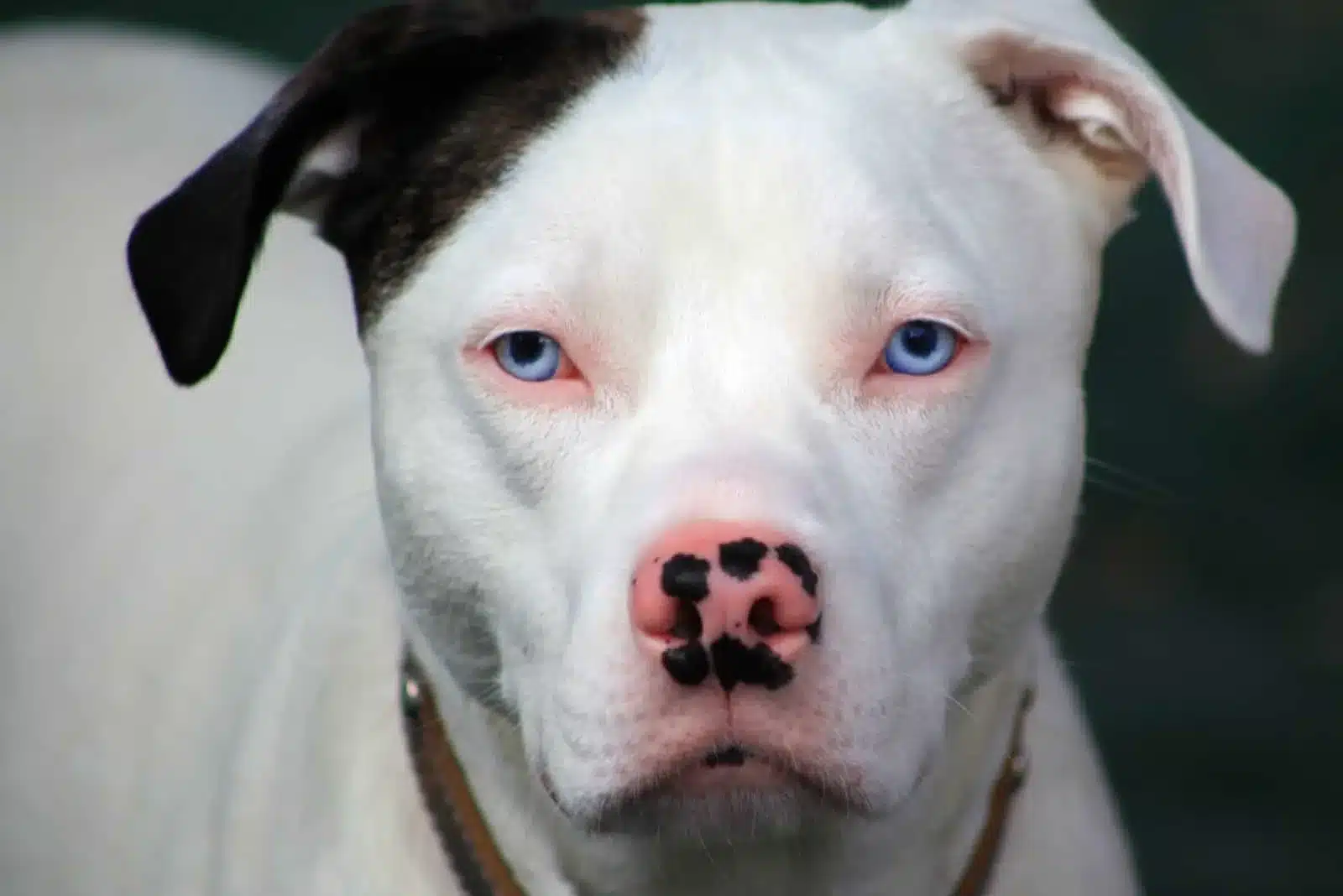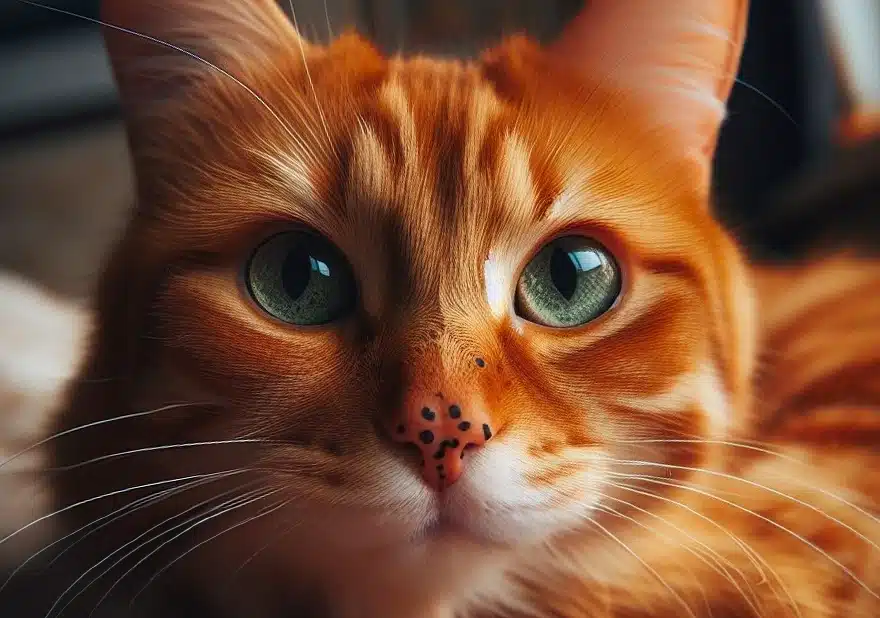Miniature Donkeys Are Real: Everything You Need To Know
Ads Disclosure ?

There’s a simple equation which states that in order to make something cuter, you simply must make it smaller. It’s worked for everything from mini cars to mini pigs. So why not miniature donkeys too? Of all the miniature things out there, they are undeniably the cutest. Let’s review the evidence!
Miniature donkeys have captured the hearts of animal lovers and pet enthusiasts worldwide. Standing at an average of only 36 inches at the shoulder when fully grown, they are much smaller than standard donkeys and known for their affectionate, gentle nature.
These intelligent creatures require specific care to maintain their well-being, including proper shelter, diet, and social interaction, which has led to increased interest in understanding their needs.
Jump To Section
Origins and History
Miniature donkeys boast a rich heritage tied to the Mediterranean, specifically originating from the islands of Sardinia and Sicily. Their journey to North America marks a significant chapter in their history, reflecting their adaptability and enduring popularity.
Domestication and Spread
The domestication of miniature donkeys is believed to have occurred on the Mediterranean islands. Breeders valued them for their size and strength, traits ideal for navigating the rugged terrain. The United States became acquainted with these animals in the early 20th century. The first known batch of miniature donkeys was brought to North America in 1929, indicating the beginning of their spread across the continent.
Historical Significance
Historically, miniature donkeys played crucial roles in island communities, where they were tasked with labor-intensive jobs like carrying water and grinding grain. Their resilience was integral to the survival of Mediterranean agrarian cultures. In North America, miniature donkeys did not just maintain their practical roles but also became beloved companions, augmenting their historical footprint beyond mere beasts of burden.
Biology and Physical Characteristics
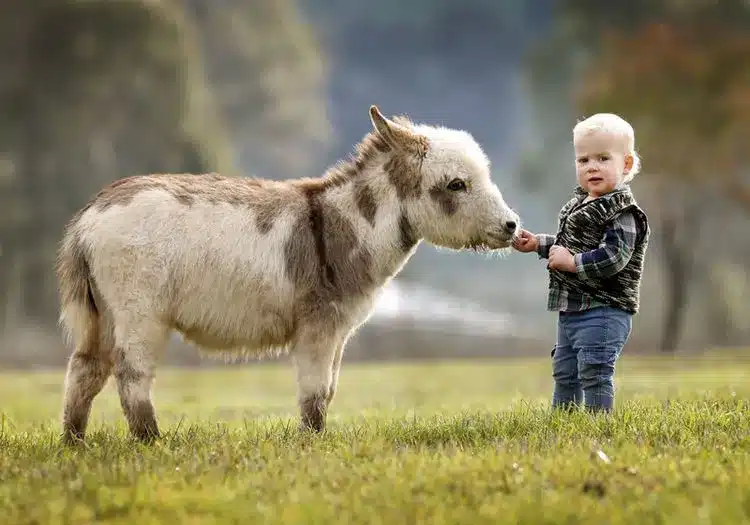
Miniature donkeys are a diminutive equine species with distinct physical characteristics differentiating them from their larger counterparts. Their size, appearance, and longevity are noteworthy parameters for a comprehensive understanding of their biology.
Size and Appearance
Miniature donkeys have a compact frame, standing on average no taller than 36 inches (91 cm) at the withers—the highest part of their back at the base of their neck. They exhibit a variety of coat colors, including grey, black, brown, and white. The coat is typically smooth and short. Their physical description also includes long ears, which are a signature feature of the species Equus asinus. The Smithsonian’s National Zoo has a detailed fact sheet about miniature donkeys.
Health and Life Span
In terms of health, miniature donkeys are robust animals characterized by their hardiness. They typically exhibit a good life expectancy as compared to other farm animals and pets, with many living on average between 25 to 35 years. The longevity of a miniature donkey is contingent upon proper care, diet, and prevention of disease. As for weight, individuals can vary but generally range between 200 to 400 pounds (90 to 180 kilograms).
Care and Management
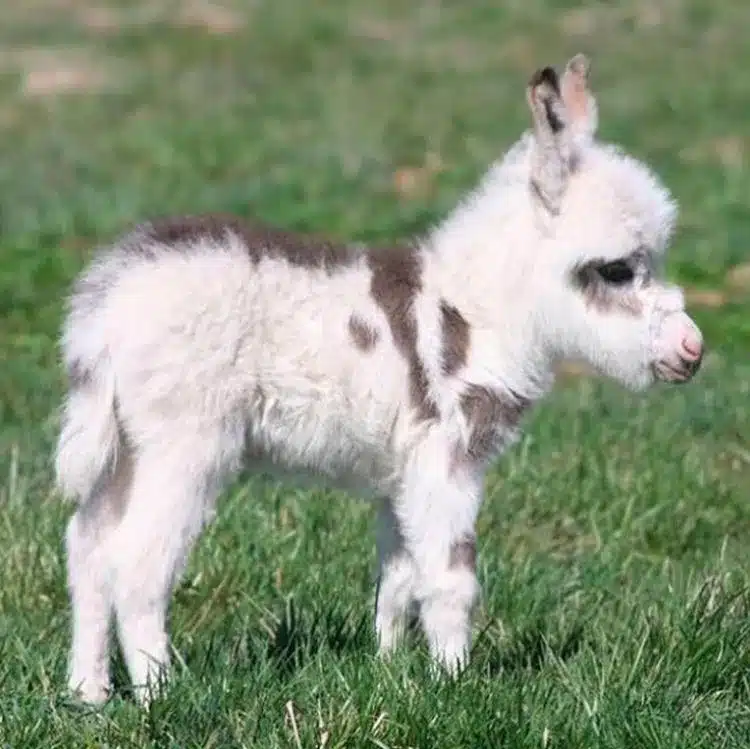
Proper care and management of miniature donkeys are essential to maintain their health and well-being. Specific dietary requirements must be met, suitable housing provided, regular health checks conducted, and social needs addressed to ensure they lead a fulfilling life.
Dietary Needs
Miniature donkeys require a balanced diet that primarily consists of good quality hay. They should have access to pasture grass when available. However, overgrazing on rich pasture can lead to health issues. Owners should provide a moderate amount of grain and a mineral salt block to meet their nutritional needs. It is also important that they always have access to clean water.
Housing and Safety
Shelter for miniature donkeys should protect them from the elements, offering a dry, well-ventilated space to rest. Fences must be secure to prevent escape and protect them from predators. Sufficient space is vital for exercise, as an enclosed barn or stable should only be part of their living arrangements.
Healthcare
Regular veterinary care is key, including scheduled vaccinations and deworming. Owners need to provide consistent hoof care, with trimmings every 8-10 weeks to prevent overgrowth and discomfort. Teeth also require periodic checks and maintenance.
Training and Socialization
Miniature donkeys are intelligent and social creatures that benefit from engagement with their owners and companion animals. Basic training is necessary for handling and includes leading, picking up feet, and being groomed. They thrive on companionship, and having another donkey as a companion is often recommended for their emotional health.
Uses and Human Interactions
Miniature donkeys have multiple uses ranging from agricultural roles to recreational involvement, reflecting their versatility and friendly disposition. They’re valued for their docile nature, often making them excellent companions as well as functional livestock.
Roles in Agriculture
Historically used as pack animals, miniature donkeys serve various agricultural purposes including grazing to maintain pastureland. They’re also utilized by breeders within the farming community to manage smaller livestock due to their affectionate temperament. Organizations such as the American Donkey and Mule Society provide guidelines and support for these uses. Miniature donkeys can function effectively in a small farm setup, assisting in the daily tasks and adding value as cooperative farm animals.
Recreational Involvement
Recreationally, these friendly animals are perfect for family pets, known for their need for human interaction. They are also trained to pull carts, often seen at fairs and shows, representing their breed under organizations like the National Miniature Donkey Association. These activities are not only enjoyable for participants but also play a role in promoting and conserving this docile breed. Participating in events allows miniature donkeys to showcase their gentle nature, while also strengthening the bond between them and their handlers.
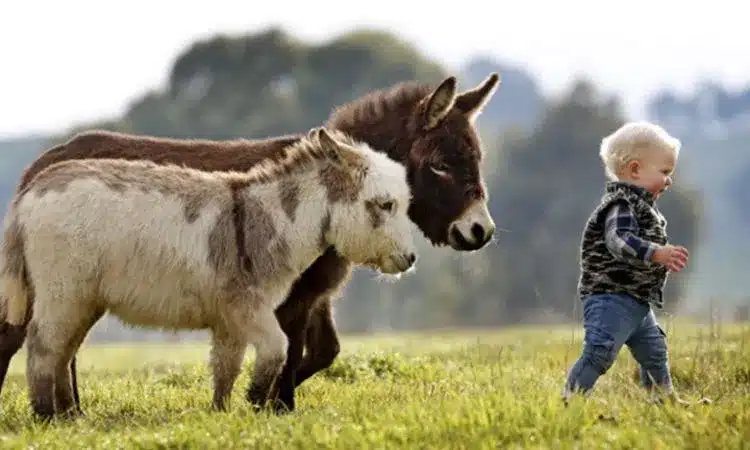
Interesting Facts
- Miniature donkeys were interbred with similar species in Italy to create what is commonly known today as the Mediterranean Miniature Donkey.
- Miniature donkeys were brought to the United States in the 1920s and have thrived here ever since.
- Male miniature donkeys are called “jacks.” Females are called “jennets” and babies are called “foals.”
- They weigh just 15 pounds at birth!
- They won’t get any taller than about 35 inches.
- They are certainly capable of light work. But they make much better pets.
- Donkeys have a reputation for being stubborn and difficult, but the truth is that they just have good memories and if something hurts or scares them, they’ll remain wary.
- Mini donkeys are very affectionate and loyal. And they love to be pet and cuddled!
- Mini donkeys get along great with other animals, and are especially good with children.
- They can live to be over 35 years old. That’s a lot of snuggles.
- Finally, this is KneeHi, the world’s smallest donkey. He’s just 25.29 inches tall.
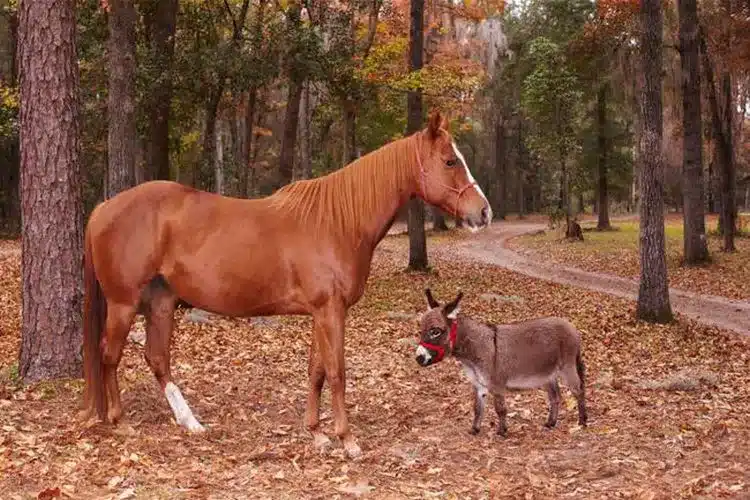
Frequently Asked Questions
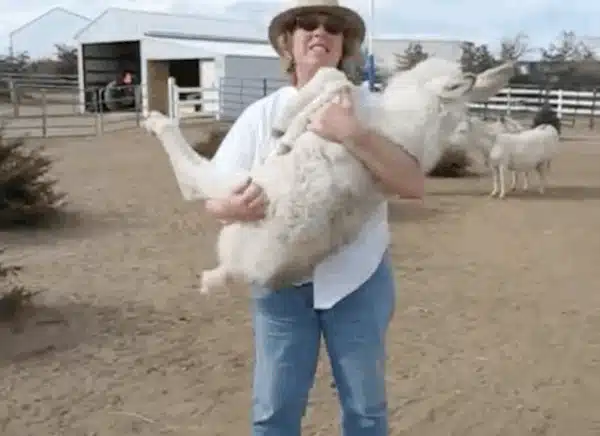
How much does it typically cost to purchase a miniature donkey?
The purchase price of a miniature donkey varies depending on factors such as pedigree, age, and health status, but one can generally expect to pay anywhere from a few hundred to several thousand dollars.
What are the dietary requirements for miniature donkeys?
Miniature donkeys require a diet of good quality hay, a salt lick, clean fresh water, and certain minerals like selenium. Overfeeding can lead to obesity, so it’s important to manage their diet carefully.
How can one find reputable miniature donkey breeders?
To find reputable breeders, one should research through registered breed societies, attend livestock shows, and seek recommendations from long-established donkey sanctuaries or existing mini donkey owners.
What is the average lifespan of miniature donkeys?
Miniature donkeys are known for their longevity, often living 35-40 years with proper care and living conditions.
What are the size and weight ranges for miniature donkeys?
They typically stand at 36-42 inches tall and weigh around 250 pounds. Their small size contributes to their popularity as pets.
Can miniature donkeys be kept as pets, and are they suitable for families?
Yes, miniature donkeys can be excellent pets as they are friendly and enjoy companionship. They are well-suited for families due to their gentle nature and manageable size. However, they require proper shelter and companionship from other donkeys or animals for their wellbeing.

